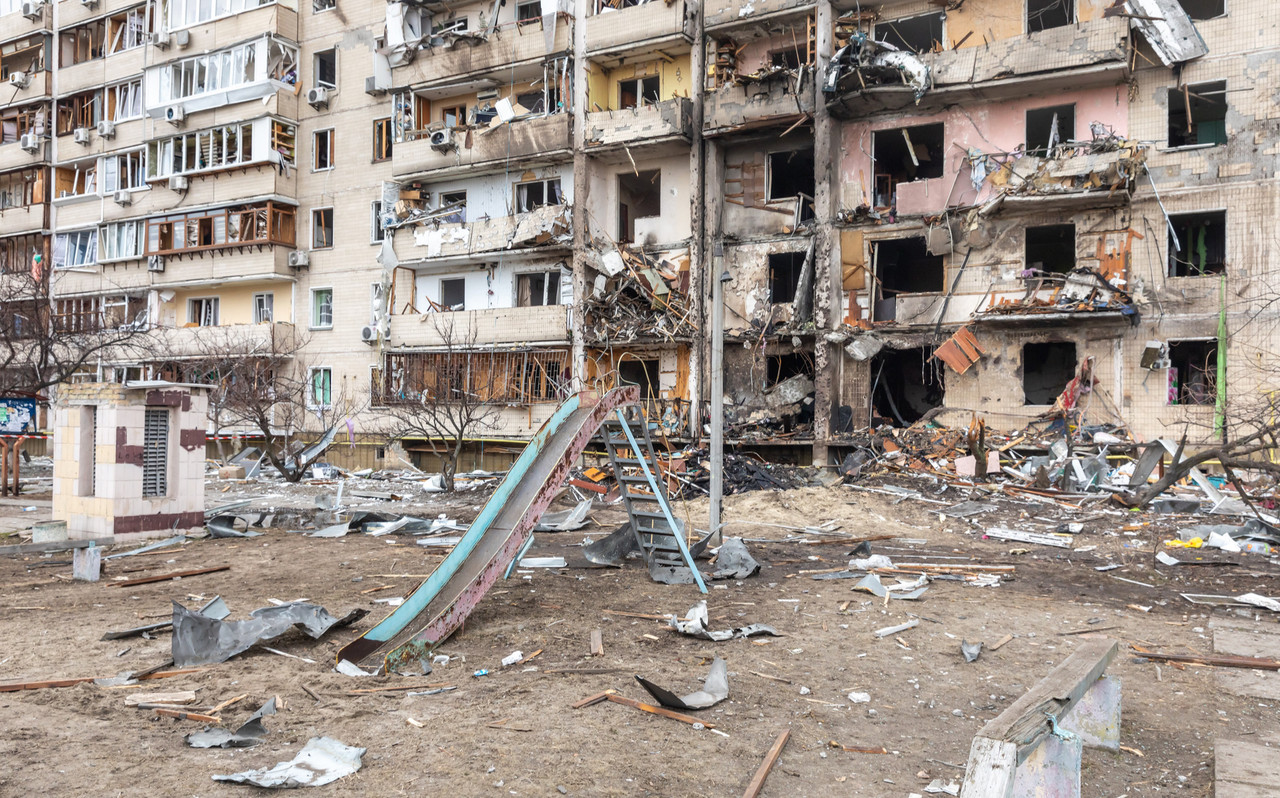“The world is paying a high price for Russia's war in Ukraine,” says the Organisation for Economic Cooperation and Development. The war has triggered a cost-of-living crisis that is affecting people around the world. Combined with China’s “zero-covid” policy, the war has set the global economy on a path of slowing growth and rising inflation--a situation not seen since the 1970s.
This rising inflation, largely due to soaring energy and food prices, is creating hardship for low-income populations and poses risks for to the food security of the world's poorest economies, stated the Paris-based organisation.
One third of global growth potential evaporated
The recovery phase which started with the end of the pandemic has not progressed as expected.
Global growth will be 3% in 2022 and 2.8% in 2023. The United States (2.5%) and the eurozone (2.6%) are particularly hard hit. In 2023, these figures would drop to 1.2% and 1.6%. While China suffers in 2022, mainly due to covid-19 restrictions, with growth of 4.4%--well below the policy target of 5.5%--it should rebound in 2023 to 4.9%.
“Many of the hardest-hit countries are in Europe, which is highly exposed to the war because of its energy imports and the influx of refugees,” the OECD says. “Countries around the world are suffering from higher commodity prices, which are adding to inflationary pressures and weighing on real incomes and spending, further dampening the recovery.”
High food and energy prices and the continued deterioration in supply chains have led to consumer price inflation that will only peak later and at a higher level than initially expected--9% compared to the 4.5% expected in December.
Inflation is reaching levels not seen for 40 years, particularly in Germany (7.2% forecast for 2022), the UK (8.8%) and the US (5.9%).
The gradual easing of supply chain and commodity price pressures and rising interest rates should start to take effect during 2023, but core inflation should still be at or above central bank targets in many major advanced economies by the end of the year, the OECD warns.
Famine fears
The OECD also warns about the cost-of-living crisis with the rising cost of raw materials due to the war in Ukraine.
“Without intervention, the risk of a food crisis is high. Disruptions in supply chains are increasing and threaten in particular low-income countries that are highly dependent on Russia and Ukraine for basic food supply. With their public finances already strained by two years of pandemic, these countries may find it difficult to supply their populations with food and energy at affordable prices, putting them at risk of famine and social unrest.”
The OECD is also concerned about the purchasing power of low-income households around the world, forced to “cut back on other expenditures to cover their basic energy and food needs.”
This story was first published in French on . It has been translated and edited for Delano.
